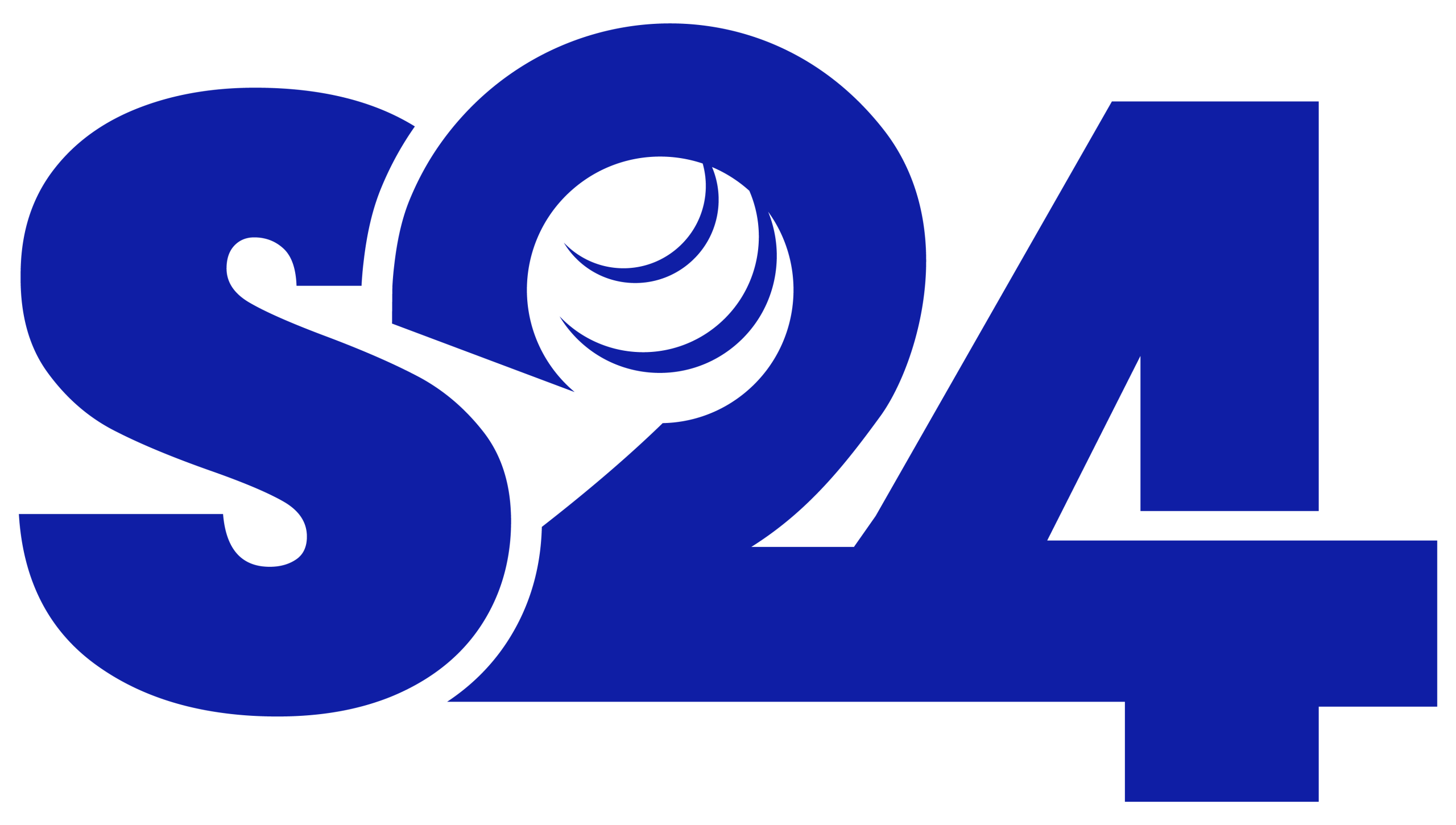By Kabiru Abdulrauf.
The long-running legal tussle between the Nigeria Data Protection Commission, NDPC, and Meta Platforms Inc., parent company of Facebook and Instagram, is heading toward an amicable resolution as both parties have agreed to pursue an out-of-court settlement over the Commission’s $32.8 million privacy fine.
The development was confirmed before Justice James Omotosho of the Federal High Court, Abuja, on Monday, where both legal teams disclosed that negotiations had reached an “advanced stage.”
Meta’s counsel, Fred Onwuobia, SAN, told the court that both sides had exchanged draft terms of settlement, emphasizing that a ruling at this stage could jeopardize ongoing discussions.
Supporting the submission, NDPC’s counsel, Adeola Adedipe, SAN, also confirmed the progress of negotiations, urging the court to grant time for both sides to finalize terms that could be adopted as a consent judgment.
In response, Justice Omotosho welcomed the development, noting that the court encourages dispute resolution through negotiation and consequently adjourned the case to October 31, 2025, for either a ruling or adoption of the settlement agreement.
The NDPC had, in February 2025, imposed a $32.8 million sanction on Meta, along with eight corrective orders, after investigating alleged breaches of the Nigeria Data Protection Act, NDPA.
The probe was initiated following a petition by the Personal Data Protection Awareness Initiative (PDPAI), a civil society group that accused Meta of engaging in behavioural advertising on Facebook and Instagram without the explicit consent of Nigerian users.
The Commission also alleged that Meta failed to submit its 2022 compliance audit, violated cross-border data transfer regulations, and even processed information belonging to non-users of its platforms.
Meta, however, challenged both the findings and the enforcement process, filing a motion on March 19 to quash the Commission’s orders.
Its lead counsel, Prof. Gbolahan Elias, SAN, argued that the company was denied fair hearing, claiming that NDPC failed to provide adequate notice or the opportunity to respond before issuing the final orders a violation, he said, of Section 36 of the Nigerian Constitution.
The NDPC, in turn, maintained that Meta’s suit was procedurally defective, asserting that the court lacked jurisdiction under Order 34 of the Federal High Court Rules (2019) to entertain the case.
With both sides now opting for settlement, legal observers believe the move could set a precedent for data protection enforcement and corporate compliance in Nigeria’s rapidly evolving digital economy.
The case has drawn global attention, underscoring Nigeria’s growing assertiveness in data governance, and the need for multinational tech companies to align with local privacy standards.
As discussions continue, the outcome could redefine the contours of data privacy accountability for international platforms operating within Nigeria’s jurisdiction.








